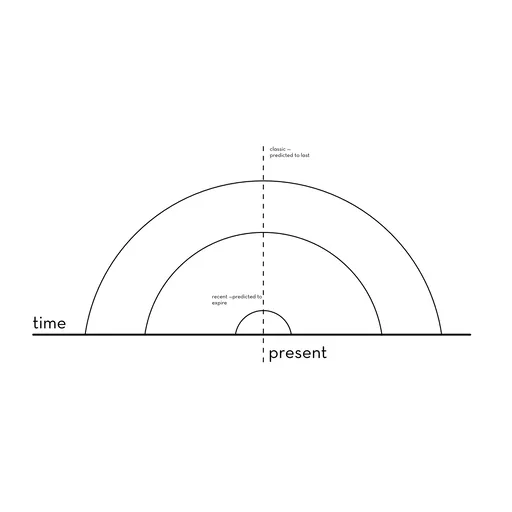Lindy Effect

The idea that the future life expectancy of some non-perishable things like a technology or an idea is proportional to their current age, so that every additional period of survival implies a longer remaining life expectancy.
Published June 15, 2019
Origin
The term traces to Lindy's delicatessen in New York, where comedians observed that the longer a Broadway show had been running, the longer it was likely to continue. Benoit Mandelbrot formalized the idea mathematically. Nassim Nicholas Taleb popularized and extended it in Antifragile (2012), arguing that for non-perishable things — ideas, technologies, books — every additional period of survival implies a longer remaining life expectancy.
Everyday Use
Ever wondered why your grandmother's home remedies for a common cold work better than the latest over-the-counter medicines? That's the Lindy Effect in action. These remedies have stood the test of time, proving their value and increasing their life expectancy. Or consider the books that have been around for generations - the ones that your parents read, and their parents before them. The Lindy Effect suggests that these books are likely to continue being read and appreciated, precisely because they've already survived so long.
This concept can also be a tool to navigate the overwhelming world of tech gadgets. Rather than always chasing after the latest trend, the Lindy Effect suggests that technologies which have been around for a while, and have proven their usefulness, are more likely to stick around. So, the next time you're feeling overwhelmed by the pace of change, take a step back and apply the Lindy Effect. It might guide you towards choices that are not just popular in the moment, but have a lasting impact.